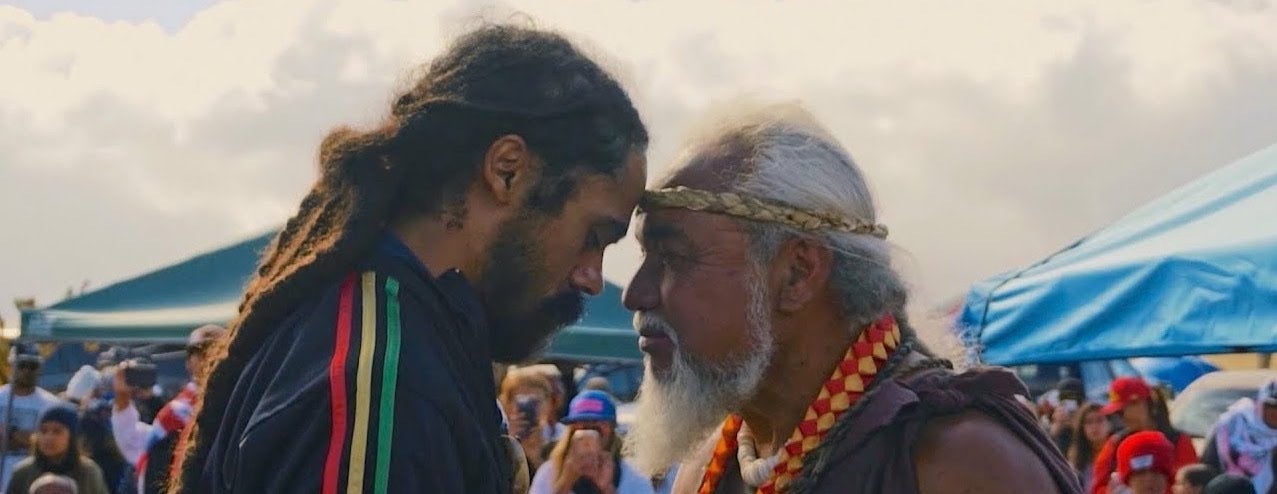Lecture by Sunaina Keonaona Kale (Kanaka Maoli)
UC President’s Postdoctoral Fellow,
Department of Native American Studies at UC Davis
Reggae has become so normalized in Hawai‘i that it is often associated with local or Native Hawaiian people instead of Black people. Simultaneously, reggae is often not considered Hawaiian music because it does not sound “Native Hawaiian enough.” Reggae in Hawai‘i thus does not fit easily into the frameworks of authenticity and appropriation, which are often used with Indigenous and Black musics but have limitations. Indigenous reciprocal relationality is one way to look beyond those limitations: relationality keeps people radically accountable while leaving room for creativity, complexity, and futurity. I argue that Blackness is mostly invisible in reggae in Hawai‘i because Black people are not considered “fully local” there. Despite this, there have always been examples of good relations between Native Hawaiian and Black people in the scene. I exemplify my argument using general trends in Hawai‘i’s music industry and the career of a Black Jamaican reggae artist who has been active in Hawai‘i since around 1980.
Sunaina Keonaona Kale (Kanaka Maoli) is a UC President’s Postdoctoral Fellow in the Department of Native American Studies at UC Davis. She holds a PhD in ethnomusicology from UC Santa Barbara. Her current book project on reggae in Hawai'i focuses on Indigenous and Black relationality and formations of Kanaka Maoli, local, and global identities in the music. Her other research interests include the intersections of food sovereignty and music in Hawai’i. She is a former Charles Eastman Fellow at Dartmouth College (2020–2022) and received the Robert Walser and Susan McClary Fellowship from the Society for American Music (2019).
Part of the Nazir Ali Jairazbhoy Colloquium Series, this event is sponsored by The UCLA Herb Alpert School of Music Department of Ethnomusicology, with support from the Dean of the UCLA Herb Alpert School of Music.
